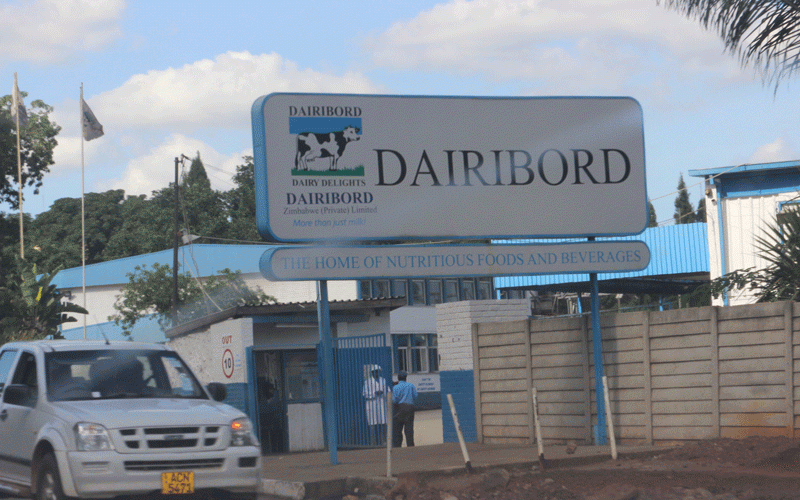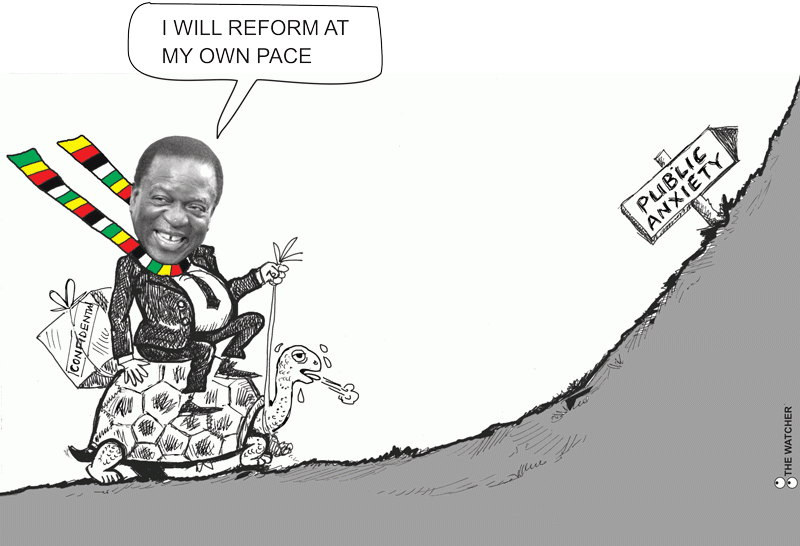
MILK products processor Dairibord Holdings Limited (DHL) recorded inflation adjusted revenue of $63,38 billion during the financial year ended December 31, 2022, a 40% increase on the comparative period.
Moderate volume growth and price adjustments to protect margins were the main drivers of revenue growth.
In a statement accompanying the group’s 2022 annual report, Dairibord chairperson Josphat Sachikonye noted that sales volumes for the period grew 3% ahead of the same period last year, with beverages and food categories delivering growth of 7% and 10%, respectively.
Liquid milk sales declined by 7%.
He said domestic market sales volumes in United States dollars for the year were 50% compared to 17% recorded in 2021. Exports were 6% as the group’s regional footprint continues to grow.
“The business experienced increased costs arising from imported inflation and pricing distortions from currency instability. Resultantly, cost of sales and overheads grew by 46,4% and 46%, respectively,” he said.
The group’s operating profit grew 154% to $6,31 billion. The operating profit margin for the period was 10% up from 5,24% in the prior period.
At $1,6 billion, net finance charges for the period were lower than last year in inflation adjusted terms; although in historical terms finance charges were higher in the current year as compared to the prior year, driven by an increase in borrowings and higher interest rates which were experienced in the second half of the year.
- Water, power shortages choke Dairibord
- Dairibord records 40% increase in revenue
- Dairibord sees 50% drop in profit
- Raw milk production surges
Keep Reading
Borrowings amounting to $1,8 billion were invested in capital expenditure projects to increase production output and to fund long working capital cycles.
After accounting for finance charges, the group posted a profit before tax of $4,3 billion.
“The operating environment remains challenging. It is expected that globally, economic growth will be slow due to the overhang of the COVID-19 pandemic and the effects of disruption to global supply chains,” Sachikonye noted.
“A decline in global demand is anticipated to lower commodity prices, reducing the opportunities for the nation to benefit from its rich mineral reserves.”
Raw milk utilised for the year was 28,5 million litres, 4% above 2021 and representing 34% of the total intake by processors as the company remained the leading milk processor.
The business aims to continuously grow high quality volumes of raw milk through its milk supply development unit by providing support to the farmers in critical areas which include feed formulation and nutrition, veterinary support, herd growth projects, input procurement facilities as well as sustainability and alternative energy options.
Sachikonye said erratic supply and high cost of quality water and electricity were expected to persist this year, increasing the cost of production, and disrupting operations. He, however, said management would continue to enter into strategic partnerships and explore initiatives for alternative energy models and efficient production methods.
“Volume growth in 2023 will be underpinned by the recently-completed capital investment projects which include a third maheu (Pfuko) line, a drinking yoghurt (Yoggie) line and a third blow moulder for Steri milk bottles.
“In addition, a new chilled water plant was installed at the Harare Rekayi Tangwena factory to optimise production capabilities.”
Sachikonye said the group would continue to seek value-adding opportunities and would leverage on initiatives in raw milk production growth, its diversified product portfolio, effective pricing models and route-to-market strategies for sustained growth.
Cost containment and cost reduction through improved productivity and efficiencies are also key focus areas to improve profitability, he noted.







